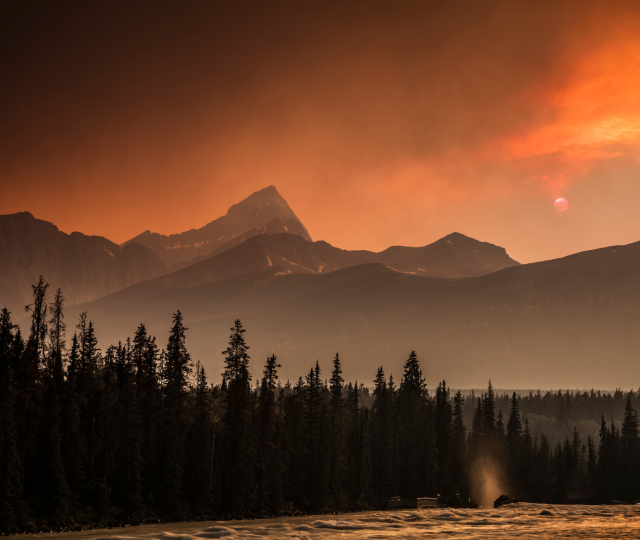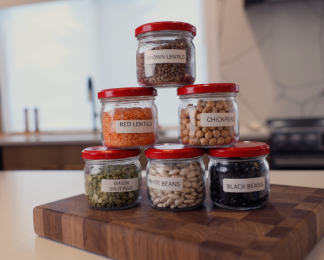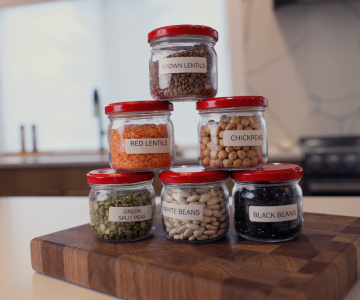Wildfire news & current conditions
Wildfires can affect your health and safety in many ways. The following links have the latest wildfire news, current conditions, and steps you can take to prepare for a wildfire and manage wildfire-related issues. Please contact your health-care provider for information about your specific health situation.
Latest wildfire news
- Media Centre & Alerts
- EmergencyInfoBC
- Visit your local regional district or municipality’s website
Current conditions (wildfire maps, air quality and road conditions)
- BC Wildfires Map (BC Wildfire Service) - Interactive wildfire map of BC
- BC Air Quality Warnings – Current local air quality and/or wildfire smoke air quality warnings
- Air Quality Health Index (AQHI) forecast for BC
- If you live somewhere without an Air Quality Health Index reading, you can check fine particulate matter (PM2.5) readings below to give you an idea of how smoky it is.
- PM2.5 data from regulatory grade sensors in BC
- PM2.5 data from lower-cost air quality monitors (less reliable but still good) can be found in areas where regulatory sensors may not be available
- Check out the BCCDC factsheet on Wildfire Smoke and Air Quality to learn how to estimate the Air Quality Health Index using PM2.5 data
- DriveBC - Road conditions and events














